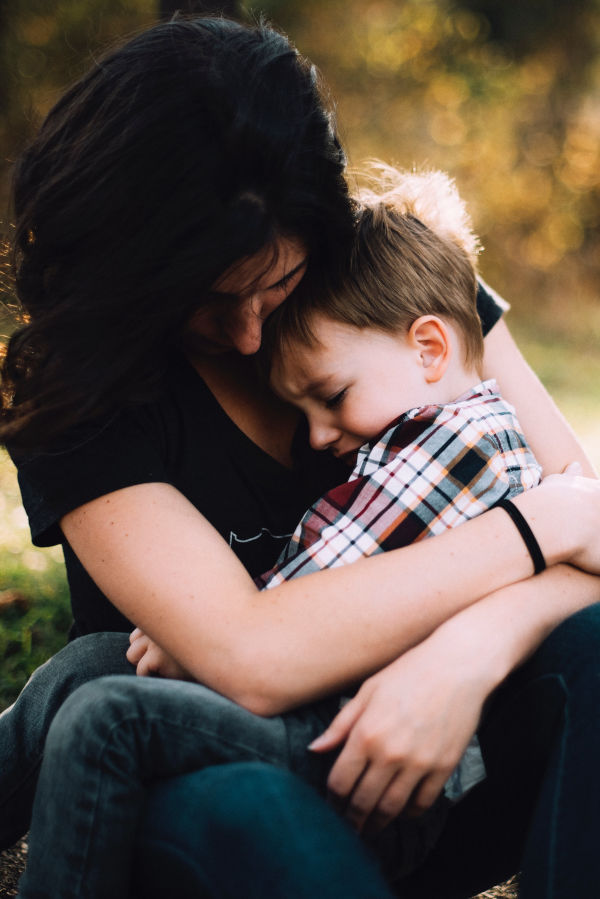Help Kids Process Difficulty or Trauma
Very few people feel adequate to help children process their emotions, especially when something tragic happens. Children can be so different, can’t they? They respond differently to difficulty, with some seemingly resilient and others falling apart at every turn. But they all need comfort and help to process difficulty. Even Jesus asked Peter, James and John to stay with him when his sorrow was crushing. If adults need comfort and help to process, why not children?
No matter how hard we try to shelter kids, they WILL encounter some very difficult things, possibly sooner than you think. So, let’s help equip them BEFORE finding ourselves in the middle of a crises.
It’s really important when experiencing any kind of loss or trauma, that a person is able to talk about what happened and how it made them feel. There’s two difficulties with children.
The first difficulty is that some don’t even have the boldness or vocabulary to talk about WHAT happened.
Most of the time, we (the parent) know what happened, so we can take the initiative to explain to them what happened and give them the vocabulary to talk about it. But sometimes we may not know what happened if they were in someone else’s care or we were in a group and couldn’t hear everything that was said.
Do all your children have the courage to speak up if something made them uncomfortable? Some children are just born bold and need no encouragement to say everything they think. Others are sensitive and need to process things internally first. If life is busy with multiple kids in a family, a sensitive child may never feel it’s the right time to speak up, or might worry more about getting someone else in trouble than they worry about themself.
This child is more likely to seek you out when troubled, if they know you are available.
It’s important to let each child know you are available and what they have to say is important to you. This is all within courtesy of course, they shouldn’t think it’s okay to interrupt, but if they indicate they have something to say, you’ll want to build trust that you will notice and give opportunity. When in a group notice if the less bold child has tried to speak but been talked over repeatedly, hush the others and give this child the floor.
Also, privately give a little extra focused attention to the timid child, asking questions about how they are doing or what they thought about an activity and listening intently. This child is more likely to seek you out when troubled, if they know you are available.
Maybe you’ve always been bold and just don’t “get” that sensitive child, thinking they’ll grow out of it or say something if they need to. Perhaps you grew up in a home where focused listening wasn’t done for you. If so, it’s going to take intentionality for you to encourage a sensitive child to talk. Life can be really hectic and as much as we love our children, the quiet ones can keep their feelings under the radar.
The second difficulty is that kids may not have the emotional vocabulary to talk about how they FEEL about what happened.
Until recently, many psychologists went along with the idea that there are four to six basic emotions and more recently there is some agreement on eight. But variations of those number 27 and there are even more nuances. Teaching kids an emotional vocabulary will help you and them better understand what’s going on in their world, so you can then help them not only with what’s happening, but their response to it. When you know of something that happened, patiently help your kids use emotive words to talk about it.
God gave us emotions and it’s dehumanizing to dismiss or minimize them. We need to pray about them specifically and discover what the Bible says about them. We’re better able to use God’s truth to process and manage emotions if we identify what we are experiencing.
Psalm 103:13 & 14 says, “As a father shows compassion to His children, so the Lord shows compassion to those who fear Him. For He knows our frame; He remembers that we are dust.” May God help us emulate the Heavenly Father and remember the weak frame of our children and treat them with great compassion as they encounter the difficulties of this fallen world.
Stay Connected with CEF
Subscribe to our email lists to receive updates, news, and stories based on your needs and interests.

